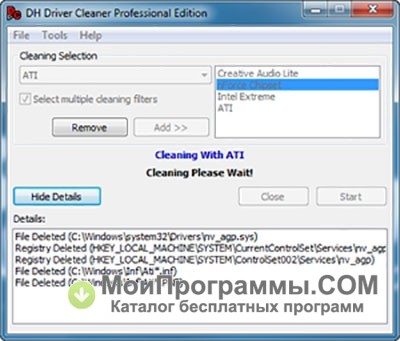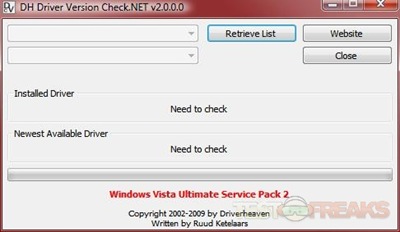
So last year, Nvidia announced that the current version of Cuda would be the last to support the Mac. It also acted as an API (application programming interface) that allowed application developers to take advantage of the processing power of Nvidia GPUs in their applications.ĭespite of that, Apple hasn’t shipped Nvidia GPUs in Macs for several years and dropped support for Cuda in macOS Mojave. So, instead of having a load of processing power sitting on a chip for photo, video editing, or playing games, Cuda allowed Nvidia GPUs be used for all kinds of work. What is Cuda?Ĭuda is what’s known as a parallel computing platform – which means it can run lots of calculations simultaneously – that allows computers with Nvidia GPUs (graphics processing units) to use the GPU for tasks other than graphics. We’ll also show you a very quick and easy way to remove other applications and drivers on your Mac. In this article, we’ll explain more about what it is and how to uninstall Cuda. If you’ve previously installed one on a Mac Pro or used an external graphics card with your Mac, you may have installed the driver. Nvidia’s Cuda is a driver for Nvidia graphics cards. But to help you do it all by yourself, we’ve gathered our best ideas and solutions below.įeatures described in this article refer to the MacPaw site version of CleanMyMac X. In my example, I got an Out-GridView table with a list of drivers in the Windows repository in the format: device name, device class, manufacturer, driver version, installation date, driver inf file name ( oemXXX.inf).So here’s a tip for you: Download CleanMyMac to quickly solve some of the issues mentioned in this article. Get-WmiObject Win32_PnPSignedDriver| select DeviceName, DeviceClass,Manufacturer, DriverVersion, DriverDate,InfName|Out-GridView

You can display a complete list of installed drivers using PowerShell and WMI (CIM) class Win32_PnPSignedDriver:

Let’s look at how to find out and remove old versions of drivers in Windows. How to Find and Remove Old Drivers in Windows with PowerShell?


 0 kommentar(er)
0 kommentar(er)
